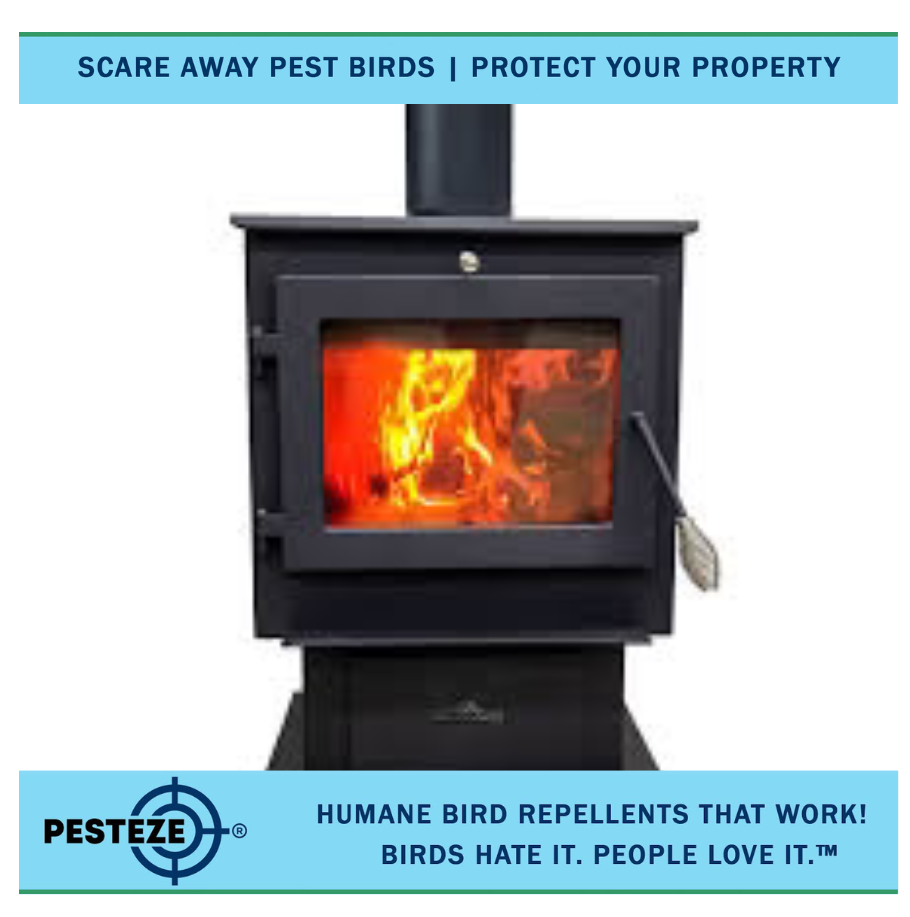PROTECT YOUR PROPERTY POST-FIRE WITH BIRD DETERRENTS!

PROTECT YOUR PROPERTY POST-FIRE WITH BIRD DETERRENTS!
SUMMARY
After a fire, landscapes can attract more birds seeking food or nesting sites. Discover safe ways to deter birds from post-fire areas and reduce potential damage to new growth.
FEATURES
- Remove Food and Water Sources: Prevent birds from settling by eliminating food remnants and water puddles.
- Temporary Netting: Use netting to cover vulnerable vegetation or exposed areas to prevent bird interference.
- Reflective Deterrents: Hang reflective tape or use shiny objects to discourage birds in burned areas.
- Sound Deterrents: Use bird distress calls or noise devices to signal danger and encourage birds to leave.
- Decoys of Predators: Place realistic predator decoys around to mimic natural bird threats.
- Rebuild with Bird-Resistant Plants: Opt for plants that deter birds when landscaping post-fire.
DESCRIPTION
After a wildfire, birds are often drawn to burnt areas looking for food sources or nesting spots. This increased activity can hinder recovery efforts, especially if you’re trying to restore vegetation or protect buildings from further damage. Here’s how to safely deter birds and protect your property after a fire.
One of the most effective initial steps is to remove all food and water sources. Leftover food, scattered seeds, or water puddles can attract birds, especially when natural resources are limited post-fire. Clear any debris or fallen fruits from trees that may have survived the fire. For water sources like ponds or puddles, consider temporary covers or regularly draining them to reduce bird attraction.
Next, temporary netting can be highly effective in protecting new plants and vegetation. Birds may be particularly drawn to fresh sprouts, as fire destroys natural food sources, making new growth more appealing. Netting can shield young plants while they’re establishing roots. Use lightweight, easily removable netting, and secure it well to avoid gaps that could allow birds to slip through.
Reflective deterrents are also simple yet effective. Hang reflective tape, aluminum foil, or even shiny old CDs around burned areas. These items create flashes of light that unsettle birds, reducing their desire to linger. For more significant areas, strategically place reflective items along the perimeter to maximize coverage.
Sound deterrents offer another layer of protection. Birds rely on sounds to understand their environment, and distress or predator sounds can make a space feel unsafe. Consider devices that emit periodic noises or mimic predator calls to signal to birds that the area is a potential threat. This type of auditory deterrent is even more effective when paired with visual elements.
Predator decoys, such as owl or hawk statues, can also help keep birds at bay. Birds instinctively avoid areas with signs of predators, so place realistic decoys in open or high-up areas to increase their visibility. Remember to relocate the decoys occasionally, as birds may become accustomed to them if left in one spot for too long.
Finally, when planning your recovery landscaping, consider using bird-resistant plants. Certain plants are less appealing to birds and can help naturally discourage them from settling. Plants with thorns, strong scents, or rough textures can all deter birds. For example, bushes like juniper or lavender can be good options to plant post-fire, as they’re resilient and less attractive to birds.
By implementing these strategies, you can protect your recovering landscape from bird interference while encouraging them to seek safer, undamaged areas. Remember, combining these deterrents will provide the best results and keep your property safe from bird damage after a fire.
- Tags: Bird Control Guide
- Maanas Mehta


Comments 0